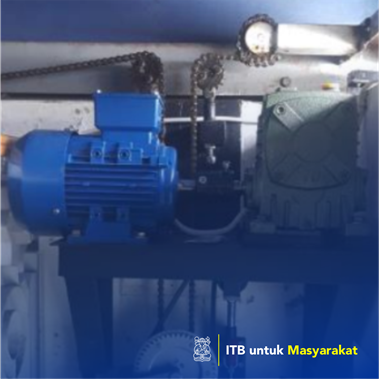

Premana Wardayanti Premadi
Bosscha Observatory has carried out many educational and public outreach activities during the past few decades where most of the public visit activities were carried out at noon. Taking into account the very high public interest in situ direct observation, in 2007 it was realized in the procurement of the Matahari Monitoring Telescope Real-time as a facility that supports research and education activities (formal and informal) astronomy. One of the objectives of the realization of the facility and the real-time observation program is so that the public can observe the sun directly and get to know the sun deeper as Parent star in the solar system. This activity aims to revive the function of solar buildings and real-time sun observations for research and education (formal and informal) by paying attention to the latest conditions of technology and economics. It is expected that with his life back the real-time sun monitoring telescope, it can arouse more serious sun physics research activities that Lecturer staff and students of the Astronomy Study Program. In particular The Bosscha Observatory will hold learning activities about the Sun as the administration of astronomical education for the public. Bosscha Observatory Thank you for P3mi Funds Via KK Astronomy who support Some of the work reported below. The construction of the Solar Building at the Bosscha Observatory in 2007 was completed with the Coleostat instrument aimed at making a real-time observation of the sun for the people who visited the observatory. The damage to the Coleostat makes the Sun's observations for the public stop. Business in reviving this facility Get the opportunity for the development of technology and astronomical observation systems in the world that are increasingly affordable.
Application of appropriate technology, the application of writing
The lack of science learning process at the school level in Indonesia which is experience directly and still rely on the Method of Meeting making the level of child science literacy Indonesia is relatively low. This is supported by the results of Pisa (Program for International Student Assement) in 2018 where Indonesia was in 72th place from 76 countries that followed. On the side others, astronomy which is a branch of science that can be used as a learning entrance Science still gets very little portions in the school curriculum. Institution Informal education such as in the observatory, planetarium, and science center preparing opportunity to study the sciences relevant to astronomy supported by Activities that provide direct experience.